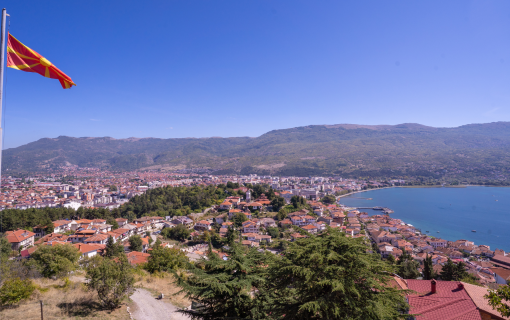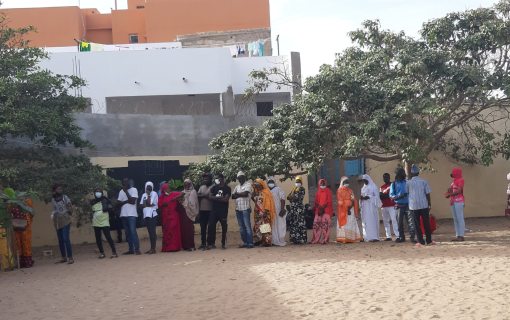The Media and the Presidential Elections in Russia 2000
Introduction
This guide covers legal as well as various practical issues related to the participation of TV and radio companies and editorial offices of periodicals in the running of the presidential elections in the Russian Federation. The activity of the electronic and print media during the Presidential elections is regulated by general rules laid down by the laws on the running of election campaigns of all levels and by a special legal .regime established by the Federal Law "On the Election of the President of the Russian Federation."
The Federal Law "On Basic Guarantees of Electoral Rights and the Right of Citizens of the Russian Federation to Participate in a Referendum" of September 19, 1997 as amended and supplemented by the Federal Law of March 30, 1999 as well as the new version of the Federal Law "On the Election of the President of the Russian Federation" dated December 31, 1999 contain fairly detailed provisions regulating TV and radio companies and editorial offices of periodicals in election campaigns for the election of the President 'of the Russian Federation. Compared to earlier legislative acts establishing, in particular, the procedure for the 1996 presidential elections" the above-mentioned federal laws contain many new provisions specifying the responsibilities of TV and radio broadcasting companies and editorial offices of periodicals and imposing restrictions on their activity. These rules guide both the executives of the electronic and print media and journalists covering election campaigns. They are also mandatory for those directly involved in the electoral process (candidates, electoral associations and electoral blocs) - the partners of TV and radio broadcasting companies and editorial offices of periodicals in the election campaign.
Significant changes have taken place in the role played by administrative regulation of the activity of TV and radio broadcasting companies and editorial offices of periodicals in the elections. In the past, the Central Election Commission of the Russian Federation when administering federal elections issued instructions on the provision of air time on the channels of state-run (public) TV and radio broadcasting companies and on the publication of election propaganda materials in periodicals financed by the state. The new election legislation focuses on regulating election campaigning in the media by means of electoral laws. Therefore, it is the laws, rather than instructions of the Central Election Commission of the Russian Federation, that have to be consulted to find answers to the most important questions concerning participation of the mass media in elections.
However, media activity during elections is regulated not only by electoral legislation. At such time, the Russian Federation Law "On the Mass Media" of December 27, 1991 remains fully effective, although the activity of the mass media during election campaigns has a number of specific features. Special restrictions and responsibilities established for the mass media for the election period are aimed at guaranteeing fair elections, making possible the substantially extended the list of administrative offences in the sphere of media participation free expression of the citizens' will, and ensuring equal legal conditions for candidates, registered candidates, electoral associations and electoral blocs to conduct their election campaigns.
Legal sanctions may be applied to a TV and radio broadcasting company or to the editorial office of a periodical which violates the rules for participation in election campaigns. Such sanctions primarily include administrative penalties that apply to media officials and journalists under the RSFSR Code of Administrative Offences. At present, the amendments and additions introduced to this Code by the Federal Law of January 2, 2000 have in election campaigns and toughened the penalties imposed for such offences.
Read the Full Report.








